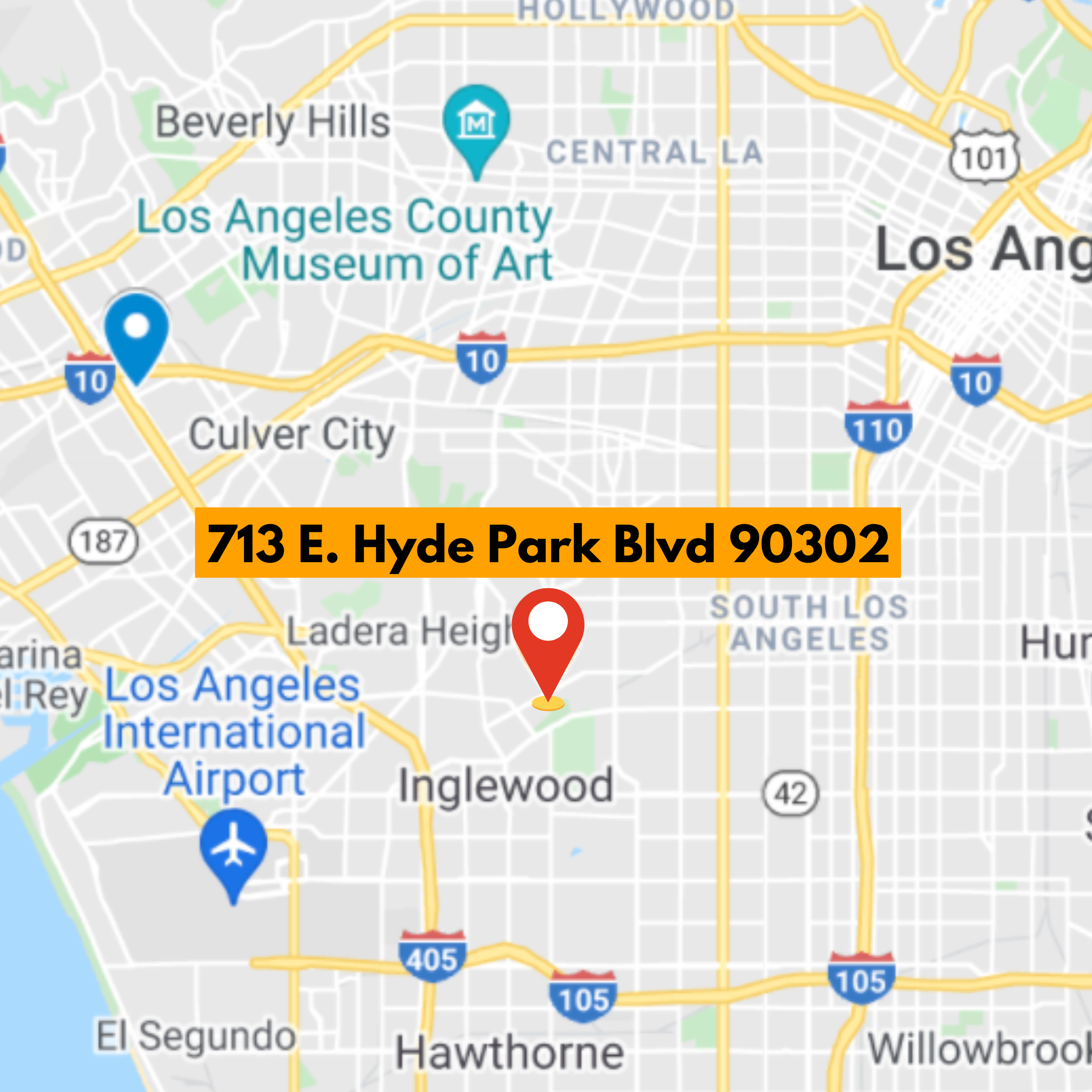Thoughts on Implicit Bias
/If you haven't taken a look at the Core Values drafted by community members, please do, and let us know what you think. It will be constantly evolving, and you will see some changes are already in process due to input received from the last newsletter.
Some of the ideas in the Oxygen Core Values have been a part of Oxygen from the beginning, and some are new to us. Most of the ideas have been an unspoken part of Oxygen's culture and have already had tangible positive effects on our community. I believe we will further strengthen the impact of these ideas by writing them down, speaking them aloud and intentionally discussing them. One of the concepts in the Core Values document that I'd like to understand better is implicit bias.
In this context "implicit" means thoughts & feelings you have that you might not be aware of, and "bias" means preferences for, or aversions to, specific people or groups of people. Everyone has implicit, or unconscious, biases. Our brain is processing millions of pieces of information at all times, and can only consciously deal with a tiny tiny fraction of it, so it takes shortcuts based on our past experiences, family, and culture. These shortcuts inevitably include negative biases directed at specific groups of people. They exist in us even if we have the consciously-held value of treating everyone equally. This article from Catalyst describes different forms of implicit bias, which helped me understand better how this plays out in my life. I see how I have held several of these biases in a tango space, particularly ageist and beauty biases. I also recommend this article by Alicia Mulliken which describes the impact of racial bias in the ballet world. I see many parallels to tango here as well, most acutely in the bullet point "not teaching about the contributions of Black dancers". I was an avid member of the tango community for 4 years and had no idea that tango has decidedly African roots. I had no idea of the contributions of Afro-Argentine composers & musicians. Many many people have formally and informally instructed me on so many aspects of tango history and music. Somehow this particular topic was never mentioned. Why? I don't think it was conscious on any individual's part, and I hold myself most responsible for not knowing the accurate history of a dance which I dedicated so many hours to. This African history, along with the literal existence of Afro-Argentine people, was consciously erased by white folks with overt racial bias who wished for Buenos Aires and its most beloved export to be seen as European. Over time this erasure passed into our unconscious bias. As a community we have decided that the African origins of tango aren't worthy of obsessing over like we do every other aspect of tango, and we should be asking why.
It's not possible to rid yourself of implicit biases. But it is possible to bring them to your conscious attention and be honest about how they have affected your functioning and ideology as a tango dancer. This is how we can begin to short-circuit the unconscious wiring. We can consider honestly our choices of dance partners and social connections and get curious about the reasoning and feelings behind those choices. We can examine the images that come to mind when we think of the word "tanguera" and be intentional about widening our definition of who fits this description.
We have been hearing loud and clear, for many years, from folks who feel unwelcome in tango spaces. When I consider the makeup of the city of Los Angeles, and compare it to the makeup of the average LA milonga, it's very obvious who feels welcome in tango spaces and who doesn't. Our community has a far-reaching reputation of being snooty and unfriendly; we joke about it amongst ourselves, proudly sometimes. But we don't think of ourselves as being snooty and unfriendly; the snooty and unfriendly people are out there somewhere, we think. I think it's time to admit that it's us - you and me. We're the snooty and unfriendly people, and we may not be aware we're doing it. I contend that the first step towards fixing this undeniably broken part of tango culture, this "snootiness" which in my opinion is a nicer way of saying bigotry, is to get honest with ourselves about the biases we hold in our own bodies.


